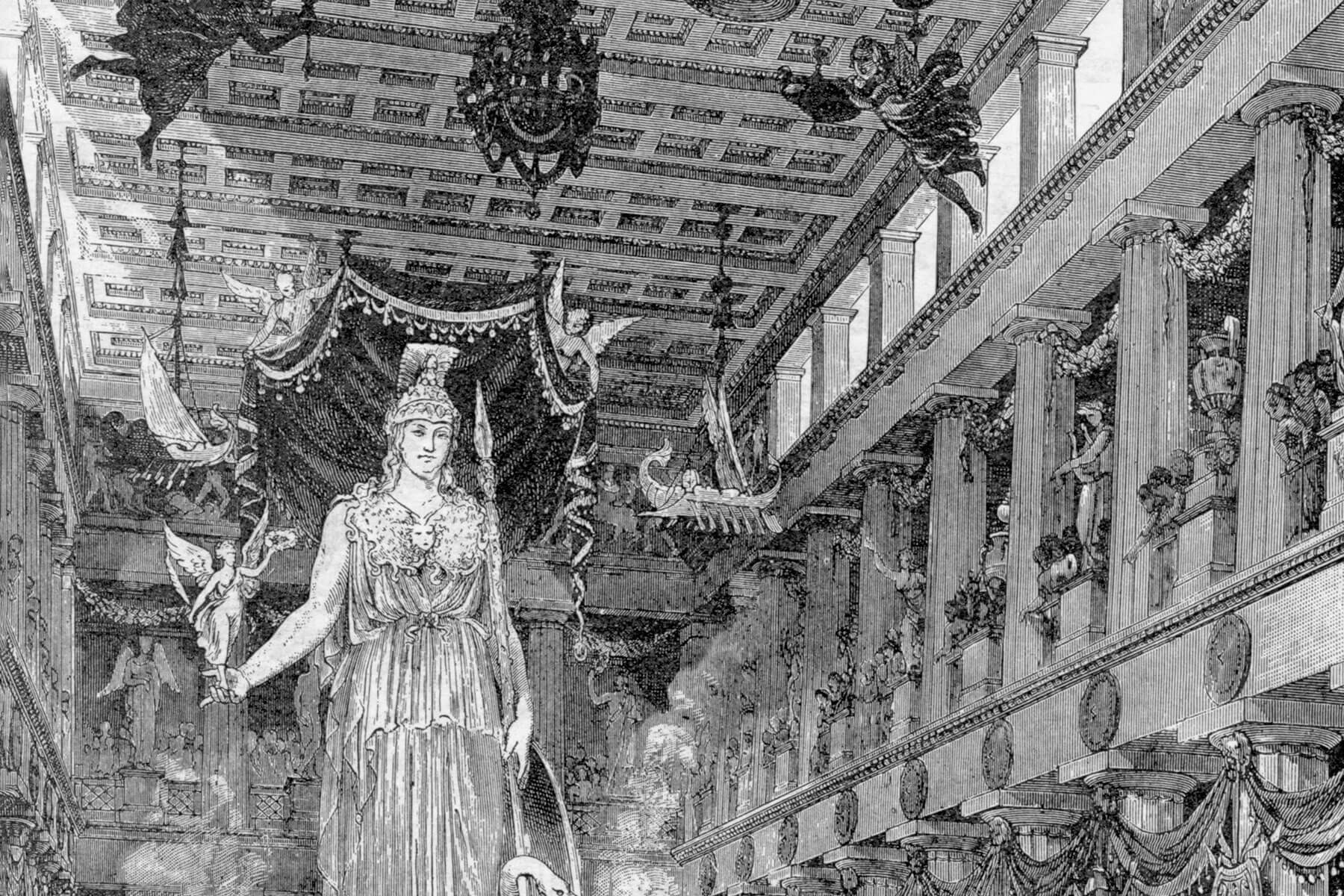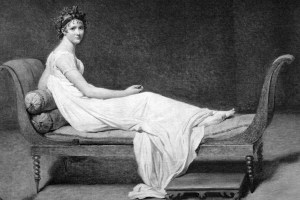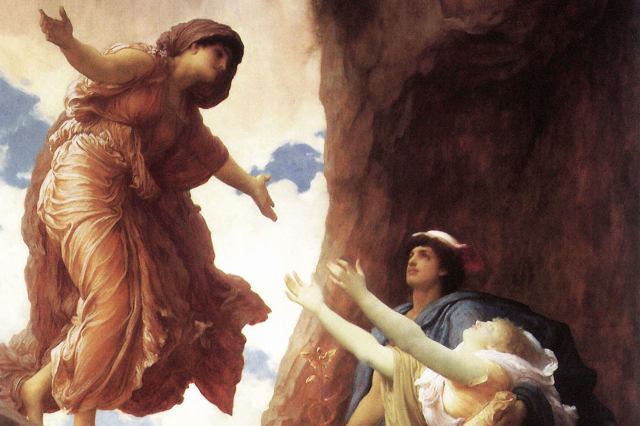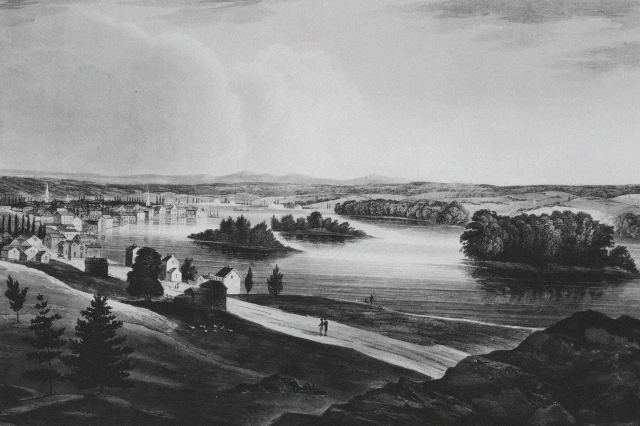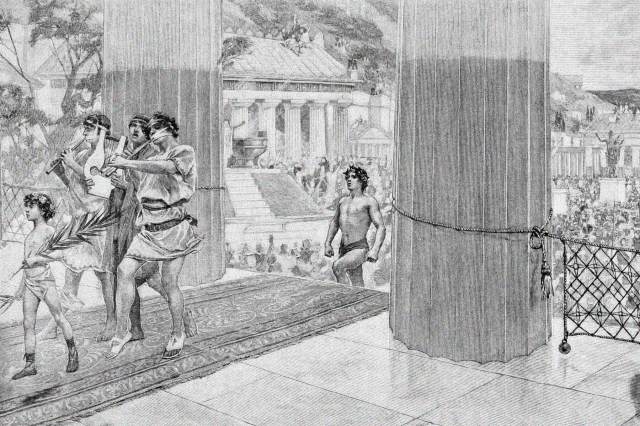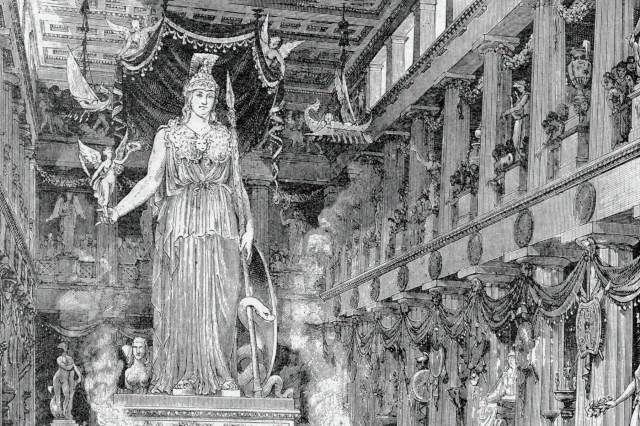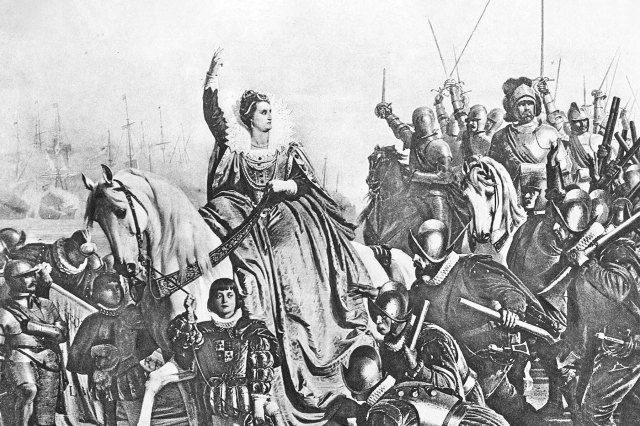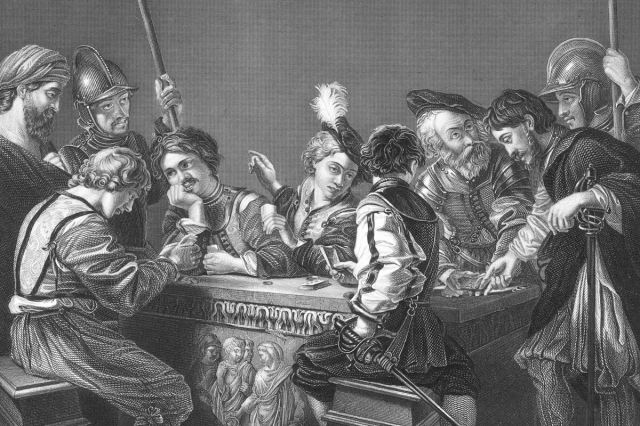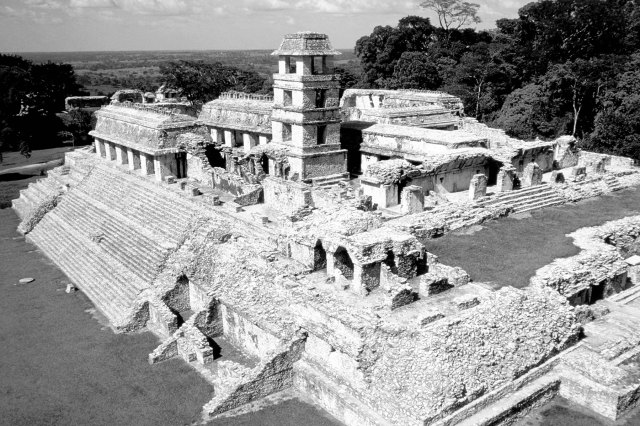6 Little-Known Facts About Greek Mythology
From Theseus’ battle with the minotaur to the epic siege of Troy, tales from Greek mythology have gripped humanity’s imagination for millennia. Likely originating with the Minoan civilization on the island of Crete (around 3000 to 1100 BCE), these stories portray the adventures and foibles of gods and heroes. The ancient Greeks looked to these myths — which were passed down orally for centuries before being transcribed — to explain everything from earthquakes to the creation of the universe. Though our scientific understanding of the world has progressed since ancient times, Greek mythology continues to shape and inspire many aspects of our culture to this day, from business to entertainment to sports. For a quick look at the history of this fascinating body of stories, here are six facts about Greek mythology.
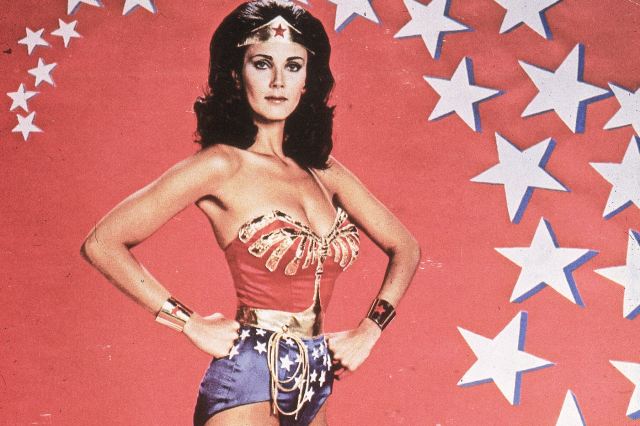
The Amazons Were Based on the Real Warrior Women of the Steppe
The Greek myth of the Amazons — a race of warrior women descended from Ares, the god of war — has inspired countless works of art, including the character of Wonder Woman. According to the myths, these warriors lived in a city called Themiskyra composed entirely of women, located on the Black Sea. Until recently, scholars believed that the Amazons were the stuff of fiction — but a growing body of evidence suggests that the stories were inspired by real-life female warriors who roamed the grasslands of the Eurasian Steppe on horseback and wielded bows and arrows. While these women differed from the Amazons of legend in some specifics (for example, they lived alongside men), leading experts now believe that ancient Greek encounters with these warriors gave rise to the legend that spread across the world.
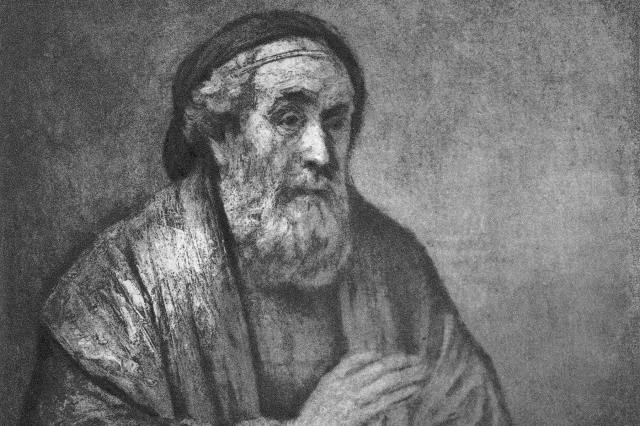
Greek Mythology’s Most Famous Author May Have Never Existed
Credited as the author of theIliadand theOdyssey — two of Greek mythology’s most important texts — Homer has been viewed as a towering literary figure for much of history. Traditionally, he was thought to have lived in the eighth or ninth century BCE, and was described as being blind and, by some accounts, illiterate (dictating his poems to a literate assistant for transcription). However, since the 18th century, scholars have questioned whether Homer even existed. Some academics, such as the American classicist Milman Parry, have suggested that Homer’s epic poems were the result of oral stories told by various poets and folk singers being compiled into singular texts. Other scholars have questioned historical inconsistencies throughout the poems that could imply parts of the text were written in different time periods. This debate has inspired an entire field of study around Homer’s identity, known as the “Homeric Question.” While Homer’s existence is uncertain, one thing is for sure: The Iliad and the Odyssey continue to transfix and entertain readers to this day.





